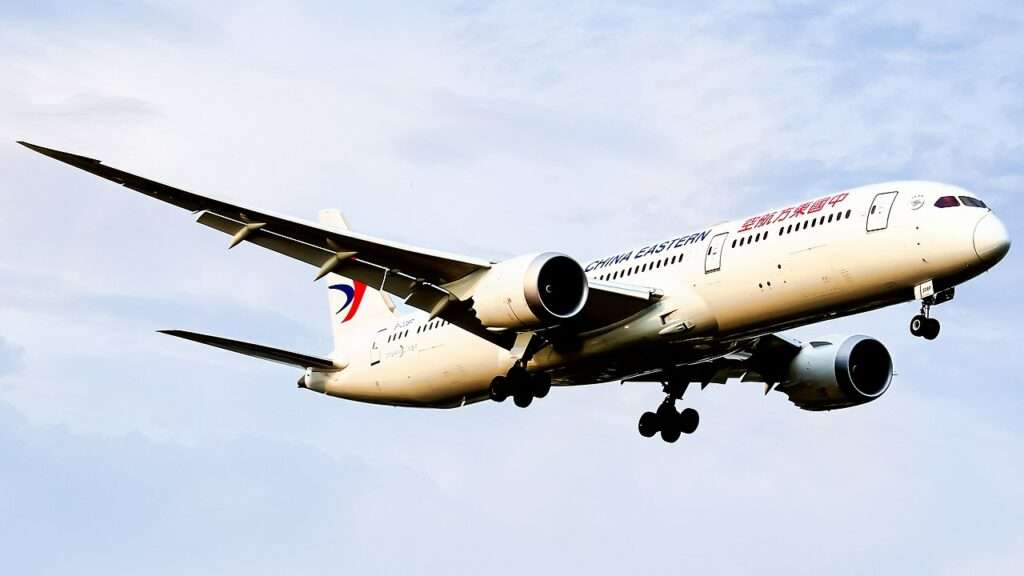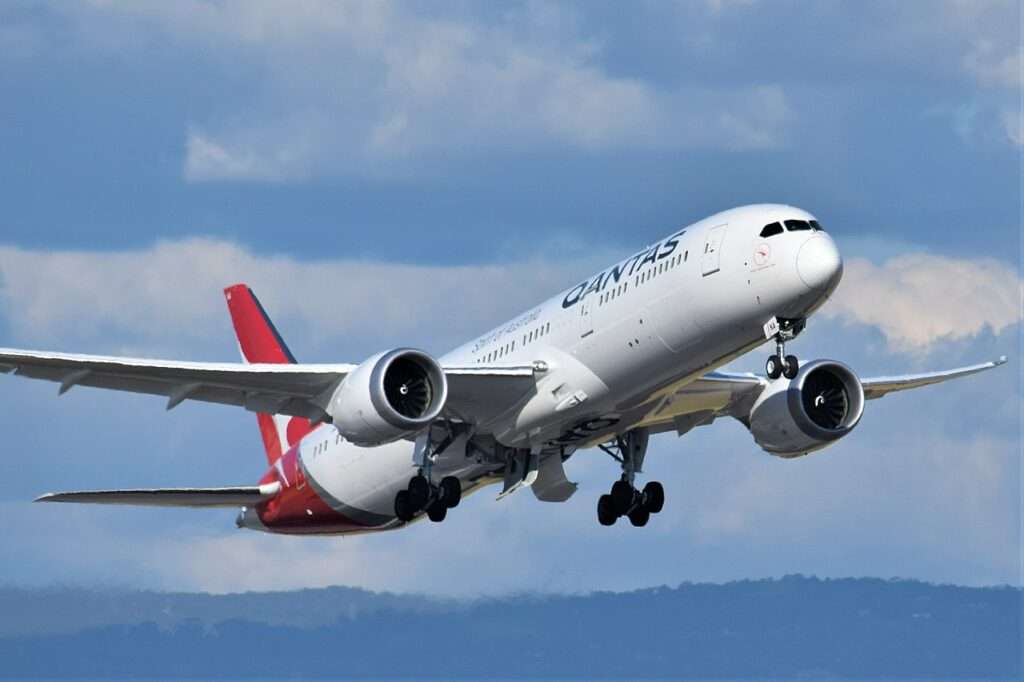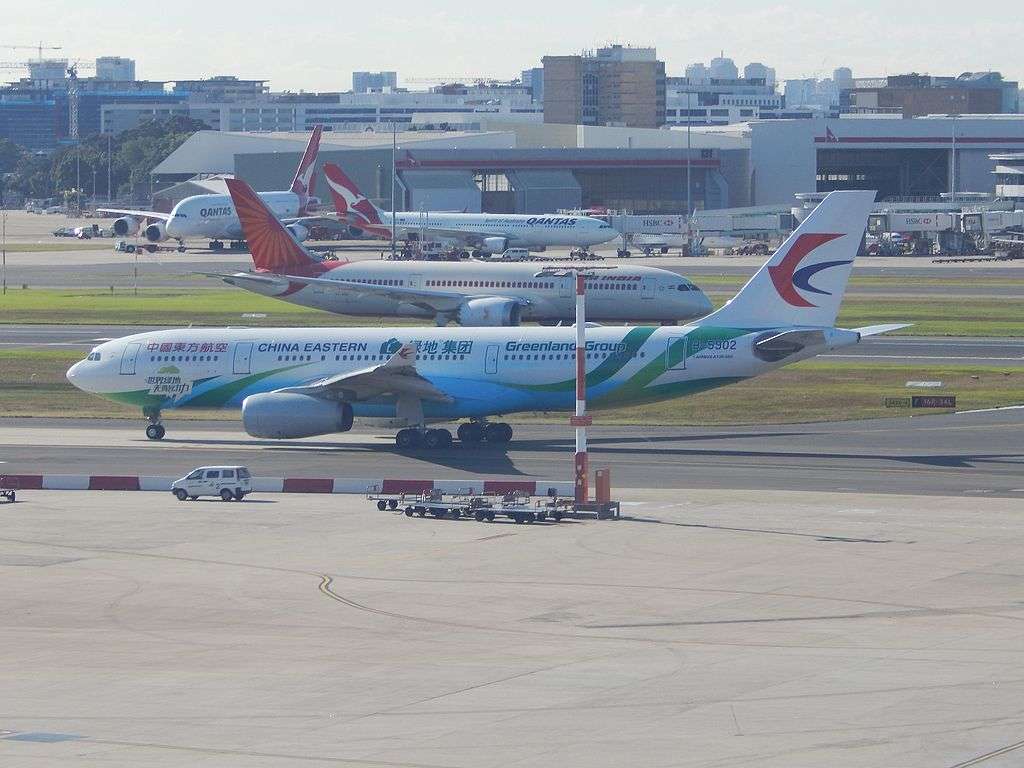The Australian Competition and Consumer Commission (ACCC) has taken a significant step by issuing a draft determination that proposes to deny authorisation for Qantas and China Eastern Airlines to contine coordinating operations between Australia and mainland China.
The denial by the Australian competition watchdog will mean Qantas Airways Ltd and China Eastern Airlines Corporation Limited, along with their related entities, including Jetstar, would discontinue interline operations between Australia and mainland China.
The Extended Joint Coordination Agreement
At the heart of this issue is the Extended Joint Coordination Agreement sought by Qantas and China Eastern.
This agreement, if authorized, would enable these two airline giants to coordinate passenger and cargo transport operations between Australia and China until the end of March 2024.
While such agreements are not uncommon in the aviation industry, this particular proposal has raised concerns due to the competitive landscape.
Competition vs. Collaboration
An agreement for coordination between two key competitors can potentially breach competition laws. The ACCC’s role in this context is crucial.
The ACCC can only grant authorisation to such agreements if the public benefits from the coordination outweigh any potential harm to competition.
[monsterinsights_popular_posts_inline]

A Historical Perspective
To understand the reasoning in the current situation, it’s essential to look back at history. The ACCC previously authorized this alliance in 2015, albeit with certain conditions.
In 2021, they granted authorization without conditions, citing exceptional circumstances related to the COVID-19 pandemic and its profound impact on travel. However, the situation has evolved since then.
ACCC Commissioner Anna Brakey shares her perspective on the matter, stating, “At this stage, we are not satisfied that the likely harm to competition from Qantas and China Eastern’s proposed coordination would be outweighed by any potential benefits.”
This statement underscores the commission’s cautious approach to the current proposal.
Concerns Over Pricing
One of the primary concerns raised by the ACCC is the potential impact on ticket prices. Currently, China Eastern is the sole airline offering direct flights between Sydney and Shanghai. Qantas, on the other hand, plans to resume flights on this route in late October.
The ACCC is concerned that granting authorisation for this coordination could provide both airlines with an opportunity and incentive to increase prices.
This could be achieved by limiting or delaying the introduction of additional capacity on the Sydney-Shanghai route, especially as passenger demand continues to grow.
The Growth in Demand
The ACCC recognizes that the demand for air travel between Australia and China is on an upward trajectory.
This growth is expected to continue until the end of March 2024, driven by factors such as the return of Chinese tour groups and Tourism Australia’s recent campaign promoting Australia in China.
However, there is a key difference between the current situation and the previous authorizations. The ACCC has not been provided with sufficient evidence that this coordination would lead to additional services on other routes between Australia and China.
This raises questions about the overall benefit to the public.

Current Status
As of March 30, 2023, the ACCC has granted interim authorization to allow Qantas and China Eastern to continue coordinating their operations while the substantive application for re-authorization is under assessment.
The interim authorization remains in effect, and both airlines have been invited to make submissions on a transition to end authorization.
The ACCC is actively seeking submissions in response to this draft determination until October 6, 2023, before reaching a final decision.
The outcome of this decision will undoubtedly have significant ramifications for the airline industry, travelers, and the broader economy.
Further details about the application and how to make a submission are available on the ACCC’s public register at Qantas Airways Limited & China Eastern Airlines Corporation Limited.

Click the banner to subscribe to our weekly newsleter.









